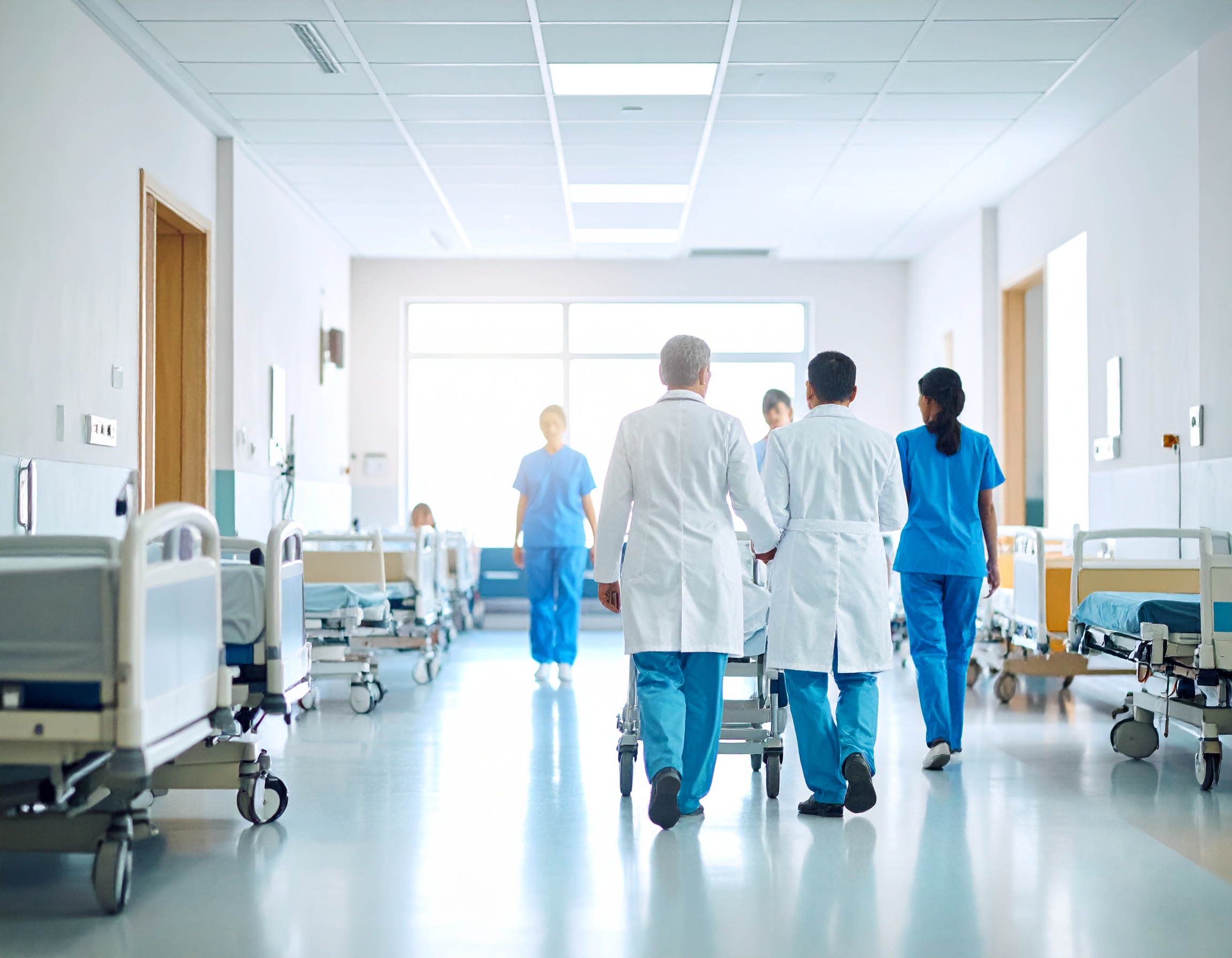Urgent Action Needed as Antimicrobial Resistance Threatens Millions of Lives and £1.6 Trillion in Global Losses by 2050

New UK government-funded research warns that antimicrobial resistance (AMR) – often called “superbugs” – could cause millions more deaths worldwide every year and cost the global economy almost £1.6 trillion annually by 2050 if urgent action is not taken.
The study, conducted by the Centre for Global Development, examined the economic and health impacts of AMR in 122 countries. It predicts that without stronger global action, rising rates of drug-resistant infections could slash GDP, increase healthcare costs, and place huge strain on health systems.
The UK, US, and EU are among the nations forecast to be hardest hit, with potential annual GDP losses of £46 billion for the UK alone. In the worst-case scenario, AMR could see annual deaths rise by 60% worldwide – including 184,000 deaths each year in the UK – as once-treatable infections become deadly.
Cuts to international aid budgets, including the UK’s Fleming Fund which supports AMR prevention in developing nations, are feared to accelerate the crisis. “Even countries that have kept resistance rates low cannot afford to be complacent,” said Anthony McDonnell, lead author of the report. “Investing in the fight against antimicrobial resistance now will save lives and deliver huge economic benefits in the long run.”
The report highlights:
- Economic losses: Global GDP could fall by $1.7 trillion (£1.3 trillion) annually by 2050.
- Rising healthcare costs: Treating AMR infections is up to twice as expensive as standard infections, with UK costs projected to rise from $900 million to $3.7 billion annually.
- Impact on workforces: The UK workforce could shrink by almost 1% due to illness and premature death.
AMR increases hospital stays, forces use of costlier medicines, and can make routine medical procedures far riskier. Without effective antibiotics, treatments such as cancer therapy, surgery, and childbirth would carry much greater danger.
Experts are calling for increased investment in new antibiotics, improved access to high-quality treatment, and stronger global cooperation. The UK Government has pledged action through its 10-year plan, which includes reducing antibiotic use in farming, incentivising drug development, and promoting new vaccines.

